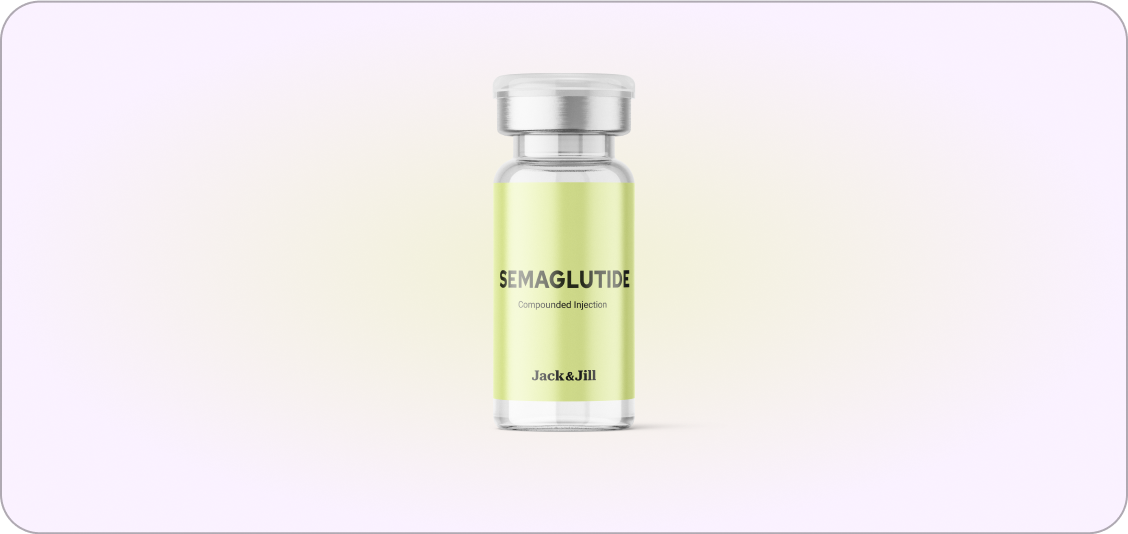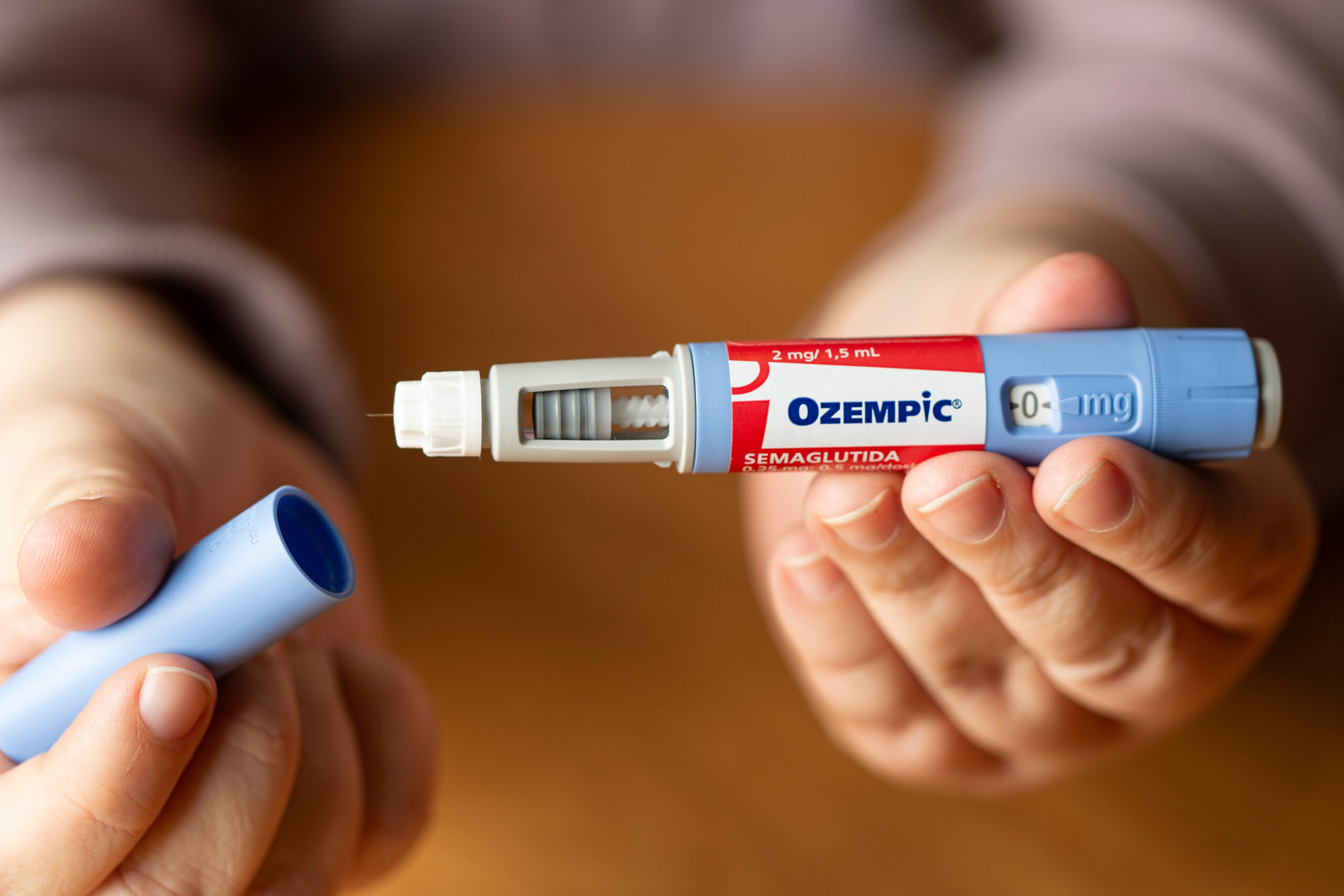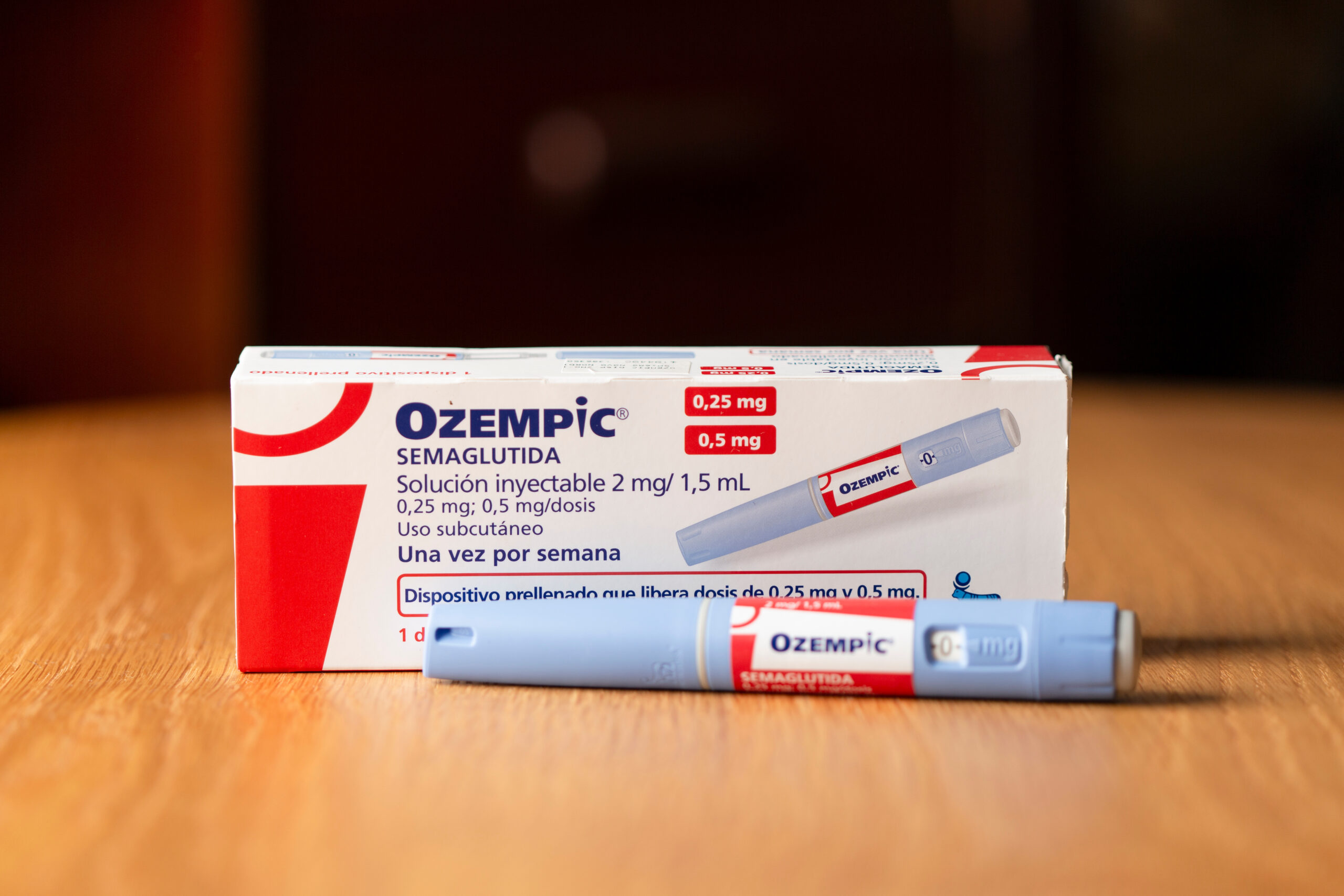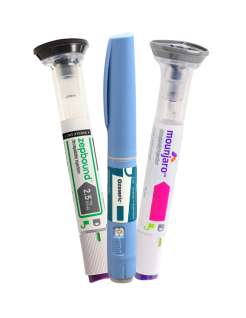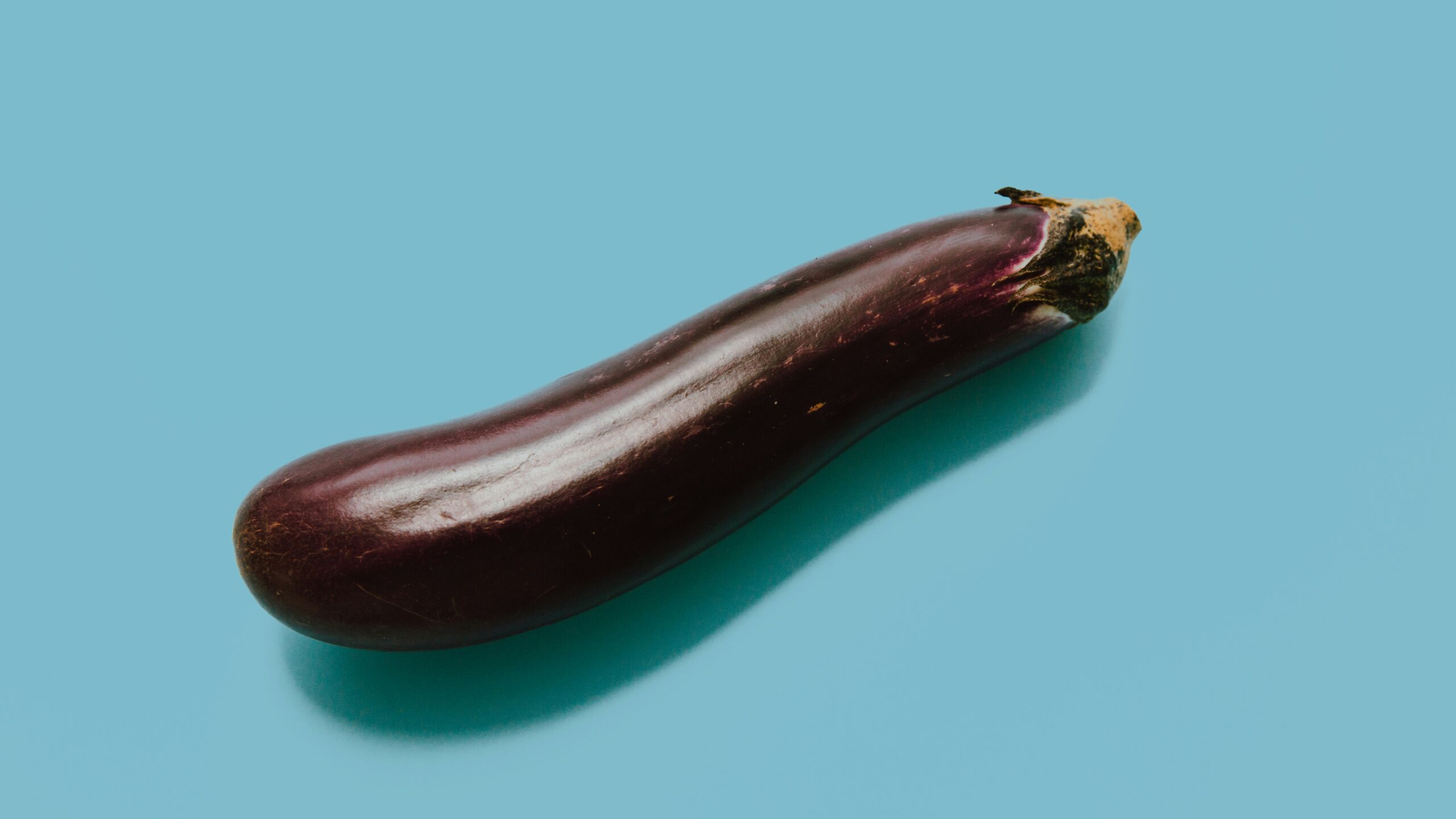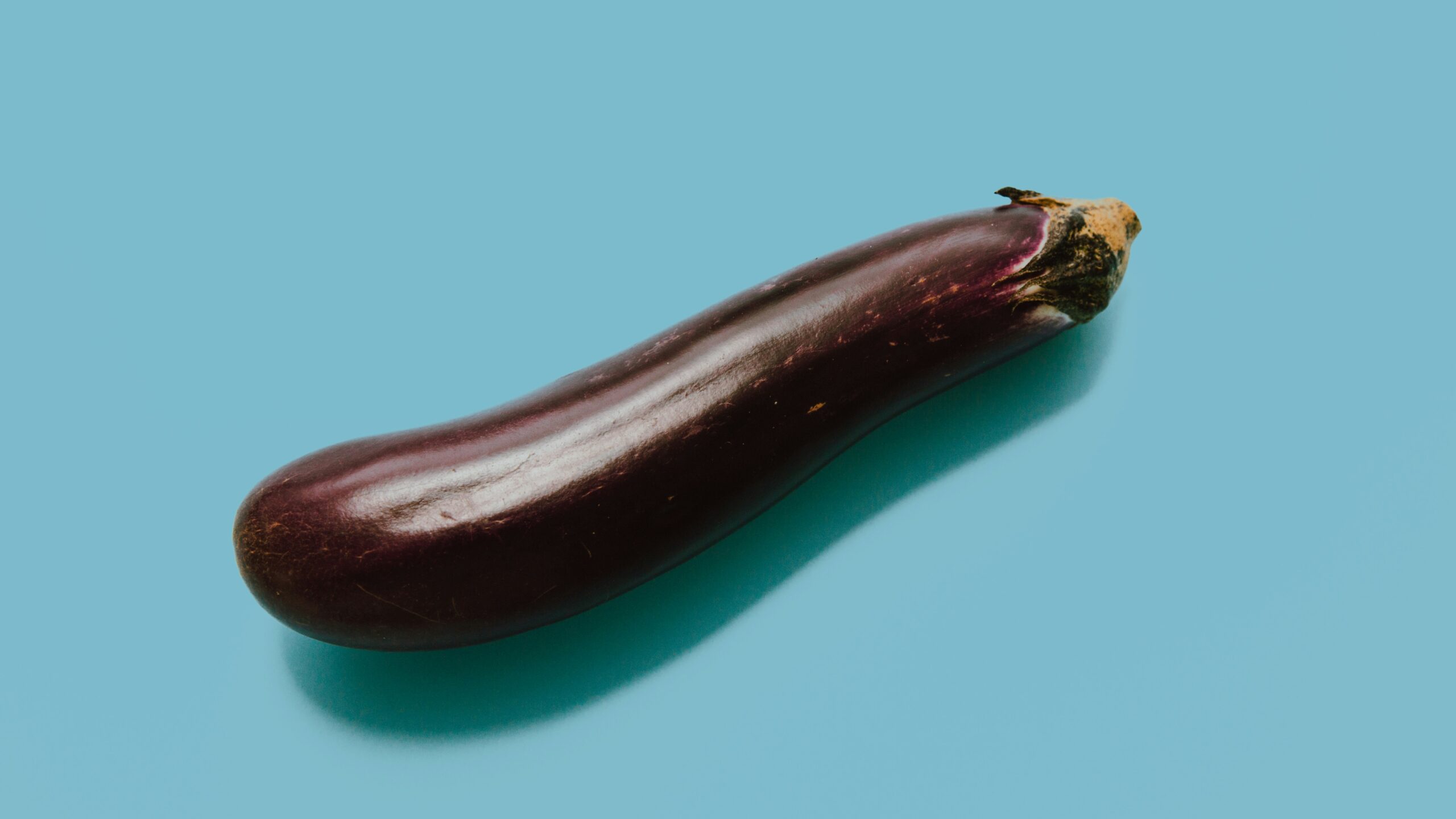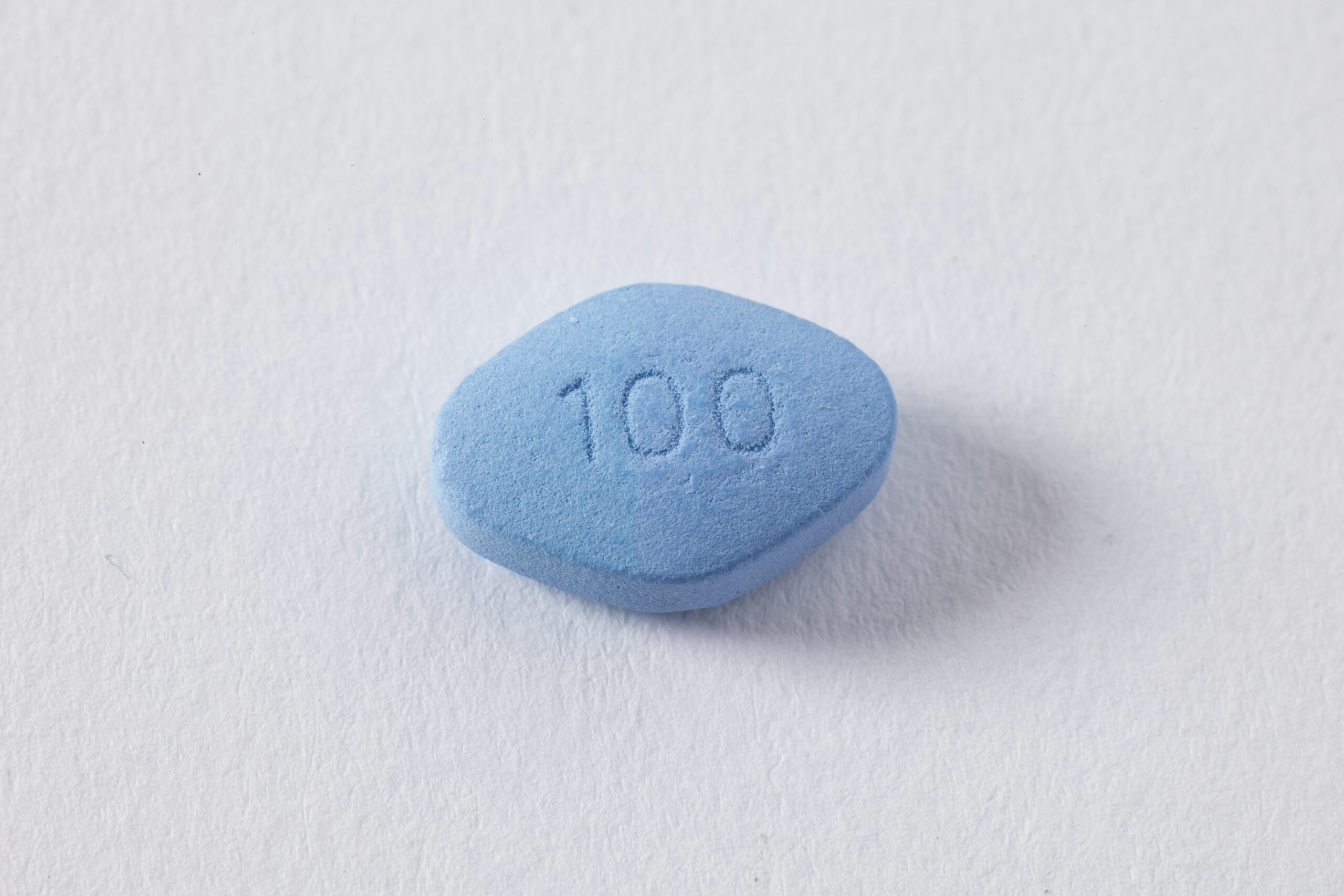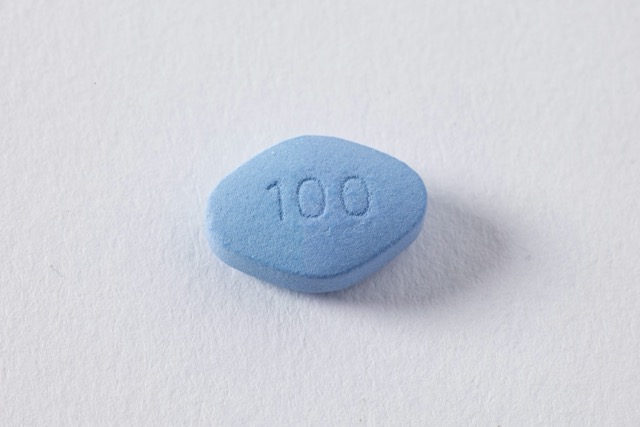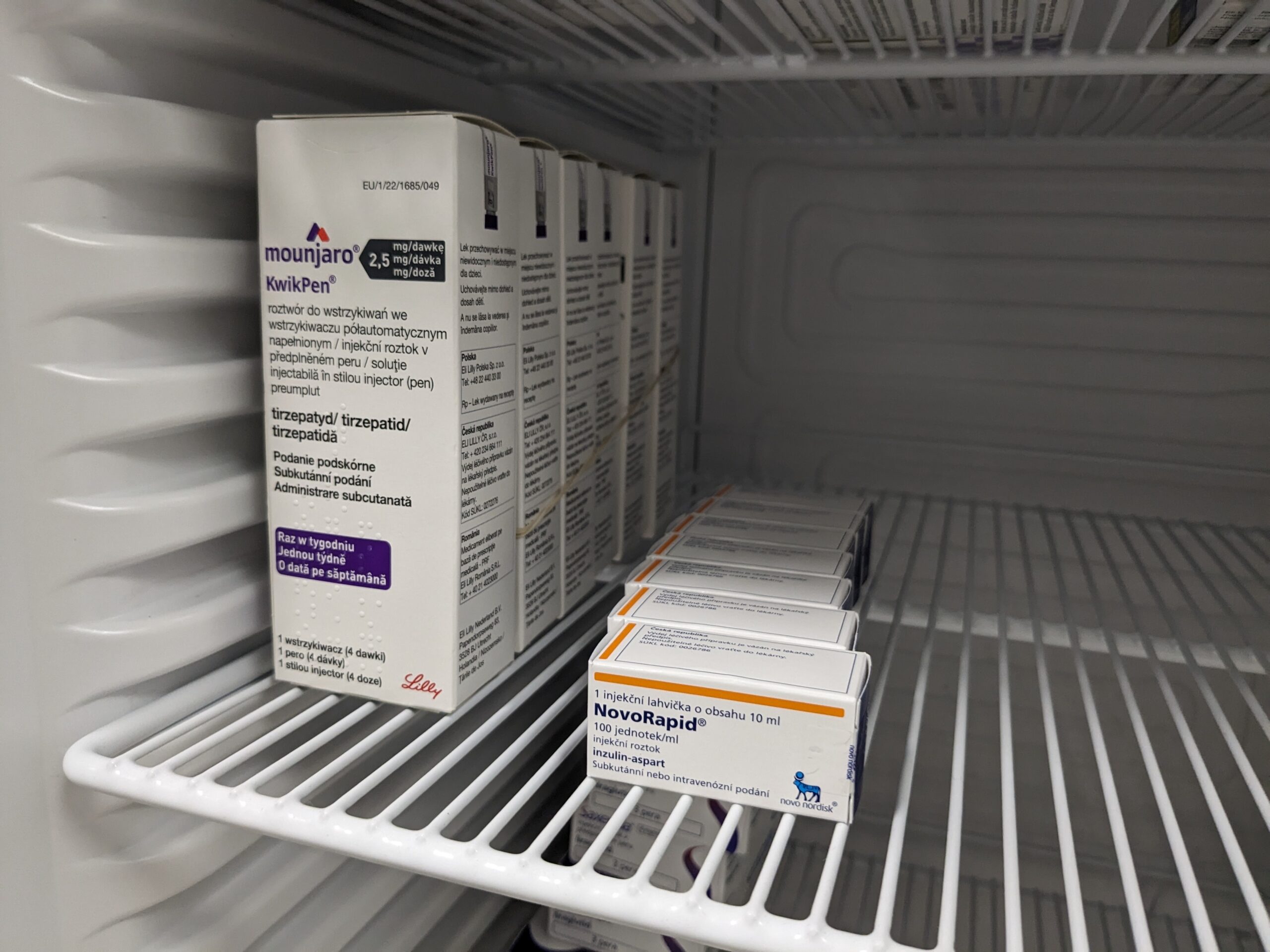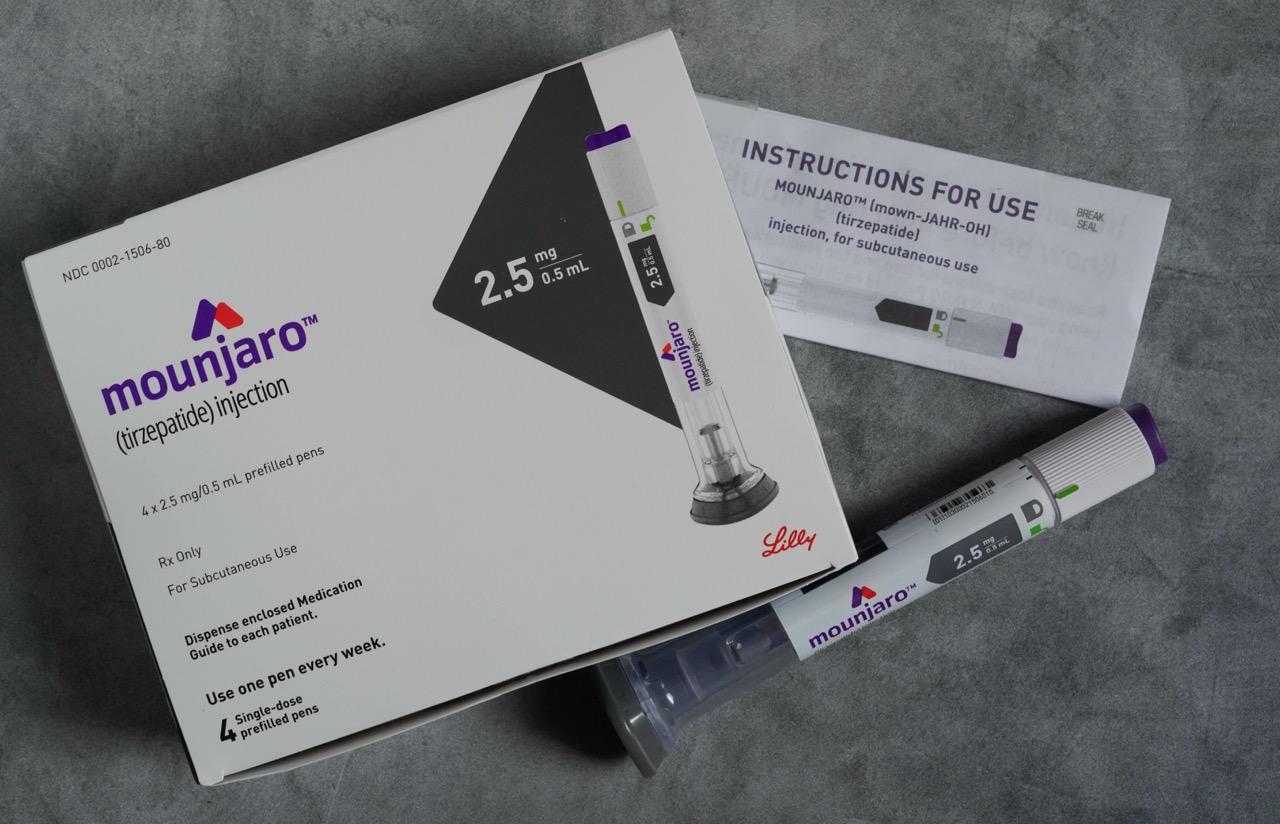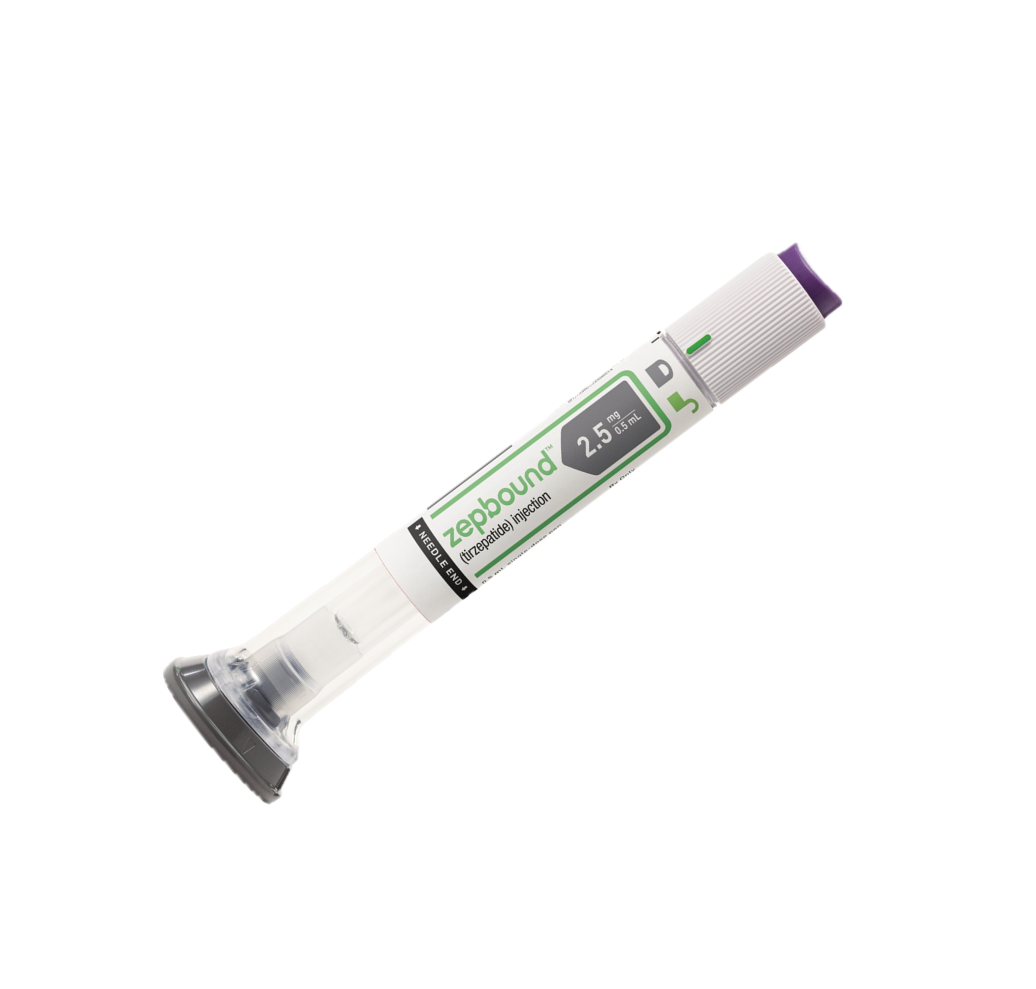When you experience hair loss from Ozempic, you have to follow the process below:
Review and Adjust Medication
It’s crucial to regularly review your medication with a healthcare provider. They can assess your progress, manage side effects, and make necessary adjustments to optimize treatment. If you’re experiencing hair loss or other issues with Ozempic, discussing alternatives with your doctor is essential.
- Adjusting Dosage: Lowering the dose may alleviate side effects.
- Alternative Medications: Consider other GLP-1 drugs like Trulicity or Victoza.
- Non-GLP-1 Options: Explore medications like Phentermine-Topiramate (Qsymia) or Naltrexone-Bupropion (Contrave).
- Supplemental Treatments: Adding vitamins or supplements to address nutritional deficiencies.
Use Gentle Hair Care Products
Choosing the right hair care products can help manage hair loss and promote healthier hair. Opt for products that are free from harsh chemicals and designed to nourish and protect your hair.
Look for shampoos and conditioners labeled as gentle, sulfate-free, and designed for sensitive scalps. Avoid excessive heat styling and harsh treatments that can further damage your hair.
- Sulfate-free Shampoos: Gentle on the scalp and hair.
- Conditioners with Natural Oils: Argan oil, coconut oil, and jojoba oil.
- Leave-in Conditioners: Provide extra moisture and protection.
- Wide-tooth Combs: Reduce breakage and hair loss when detangling.
- Heat Protectant Sprays: Protect hair from damage during styling.
Maintain a Balanced Diet
A balanced diet plays a crucial role in maintaining hair health. Nutrient-rich foods support hair growth, strengthen follicles, and prevent hair loss.
Consuming a variety of vitamins and minerals helps ensure your hair remains strong and vibrant. Incorporate proteins, healthy fats, and antioxidants into your meals to nourish your hair from the inside out.
- Proteins: Lean meats, eggs, beans
- Iron: Spinach, red meat, lentils
- Omega-3 Fatty Acids: Salmon, flaxseeds, walnuts
- Vitamin A: Sweet potatoes, carrots, kale
- Vitamin C: Oranges, strawberries, bell peppers
- Biotin: Eggs, almonds, avocados
- Zinc: Oysters, pumpkin seeds, chickpeas
Explore Medical Treatments for Hair Loss
Various medical treatments are available for hair loss, including topical solutions, oral medications, and procedures. Minoxidil (Rogaine) and Finasteride (Propecia) are commonly used treatments that promote hair growth and reduce hair loss.
Platelet-rich plasma (PRP) therapy and hair transplant surgery are more advanced options for severe cases. Discuss these treatments with your healthcare provider to understand their effectiveness, side effects, and suitability.
When considering these treatments, talk to your doctor about your hair loss pattern, medical history, and any other medications you are taking. This ensures a safe and personalized approach to managing hair loss.
Consult Your Healthcare Provider
Consult your healthcare provider about any concerns regarding hair loss. This is especially important if you suspect it’s related to Ozempic or other medications.
Your doctor can help identify the cause and recommend appropriate treatments or adjustments. Addressing hair loss early can prevent further issues and improve overall health.
You should ask yourself the following questions to identify whether Ozempic is the reason for your hair loss.
- What might be causing my hair loss?
- Is my hair loss related to Ozempic or another medication?
- What treatments or lifestyle changes do you recommend?
- Are there alternative medications that might be better for me?
- How can I maintain a balanced diet to support hair health?

